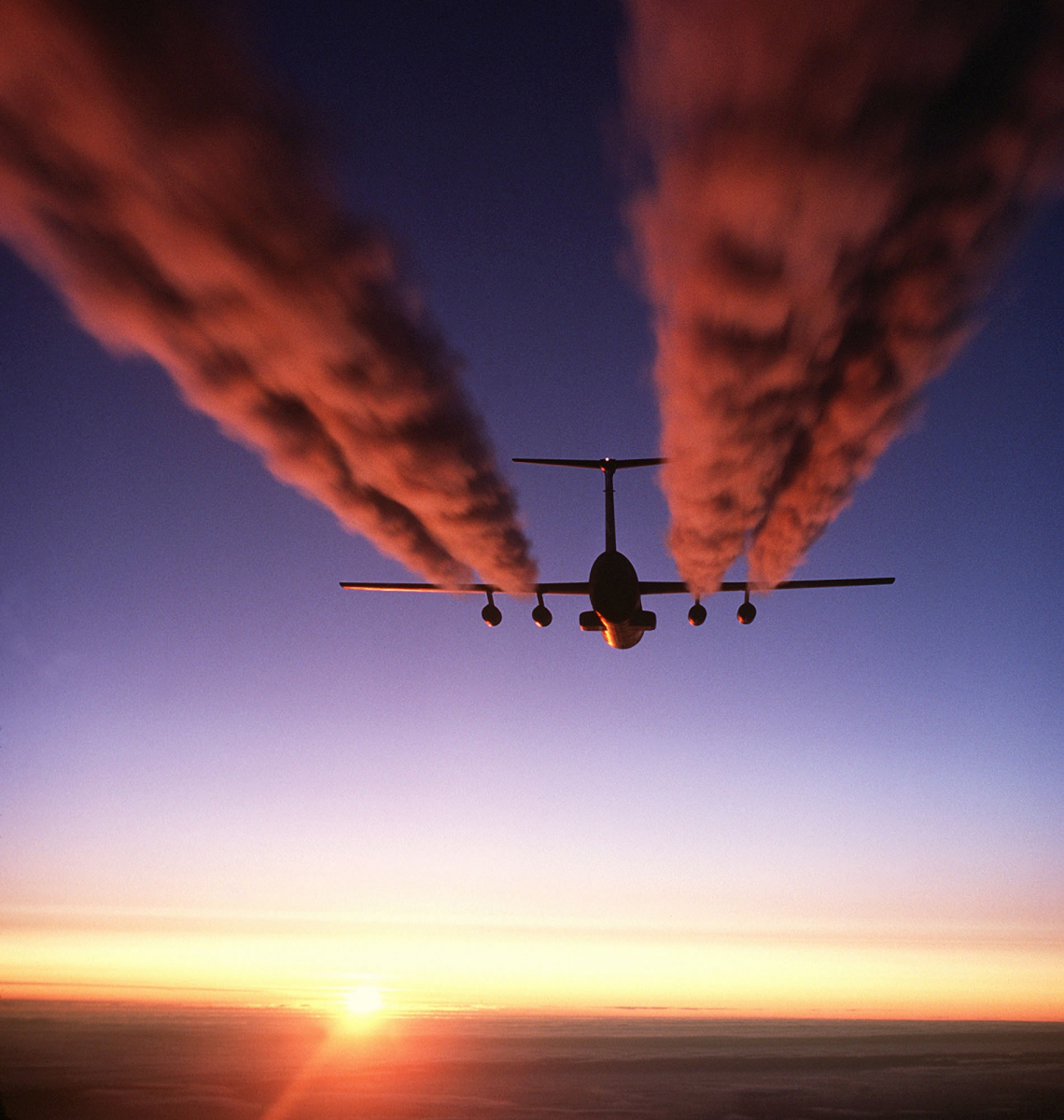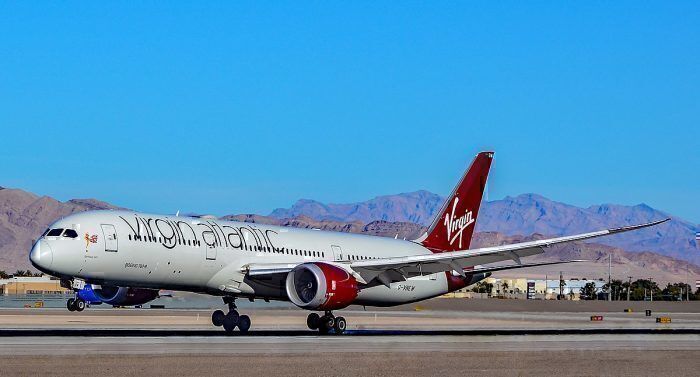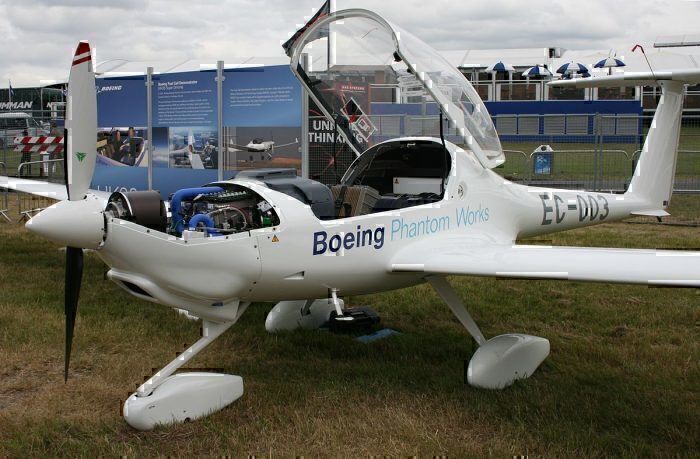The aviation industry has been working steadily to remedy its carbon emission problem. And it has made some headway this year. But over the next few decades, there'll be some big changes when it comes to battling climate change. And it's almost undeniable the next decade will be all about cutting CO2 emissions.
What's the problem?
Airlines are now facing what seems to be a diurnal conflict between their commercial interests and the global pressure from climate change. The aviation industry has regularly been indicted as the leading cause for carbon emission dumping, despite producing just 2% of the world's global CO2 emissions. As a result, it's been inflicted with the powerful "flight-shaming" movement which has already been making waves to disrupt domestic travel.
With a myriad of finger-pointing, the aviation industry is fighting back. There have been many new developments in the industry where the environment is concerned from plastic-free flights to 3D printing of recycled maintenance tools. But tackling carbon emissions remains a gargantuan struggle.
IATA carbon goals
But airlines are now being forced to review their carbon emissions. Many have goals of their own but the International Air Transport Association (IATA) is aligning them with concrete deadlines. It wants the aviation industry to consistently improve on fuel efficiency and become 50% carbon neutral by 2050.
In the next year, let alone the next decade, the IATA has some ambitious plans. For one, it wants to ensure carbon-neutral growth from 2020. That means that airlines must balance the emissions they produce on their flights with the amount of CO2 they remove from the atmosphere. It requires significant investment from airlines to update their operations. But already we're seeing airlines rise to the challenge. Virgin Atlantic and British Airways hope to be fully carbon neutral by 2050.
So how will airlines do it? Well, already there are a number of carbon offsetting programs encouraging passengers to pay for the emissions they produce. This additional fee ends up with environmental organizations and could fund projects like planting trees or protecting habitats. This move counteracts individual carbon footprints.
As well as that, operating a modern fleet is key for reducing carbon emissions. That's because of the fuel economy on newer aircraft which prevents more harmful pollutants from entering the atmosphere. But it's also to do with the infrastructure of the aircraft which, for example, employs new technology to prevent excess drag which is known to consume excess fuel.
We can expect that in the next decade this carbon-neutral growth will only continue as the competition and demand for green airlines and conscious travel increases.
An instrumental decade
However, whilst the next 10 years will see the continuation of some already promising schemes, it will also be an instrumental time for paving the future. We've heard a lot about 2050 being the deadline for real big environmental changes and the years preceding will be pivotal for ensuring that the target is met.
The development of the large electric plane is one of the most prevalent discussion points when it comes to reducing CO2 emissions. The impact would be huge on the industry but they're a long way off right now. There's lots of further research and development that still needs to be conducted and we can expect this over the next decade. Might the industry have made some headway by 2030?
But it's not just the physical commitment. Whilst the practical focus is there, there's something else that airlines are now having to deal with: cultural backlash.
When it comes to carbon emissions, we need a lot from the aviation industry in terms of innovation and drive. But airlines also now need to convince an ever-growing segment of society that flying is not the bad guy. It will need to convince them that flying can be done responsibly and with environmental diligence. And that's something that's going to have to come about in the next decade. Almost like a rebranding of flying's chief polluter image.
What do you think the big environmental changes will be in the next decade? Let us know in the comments!



